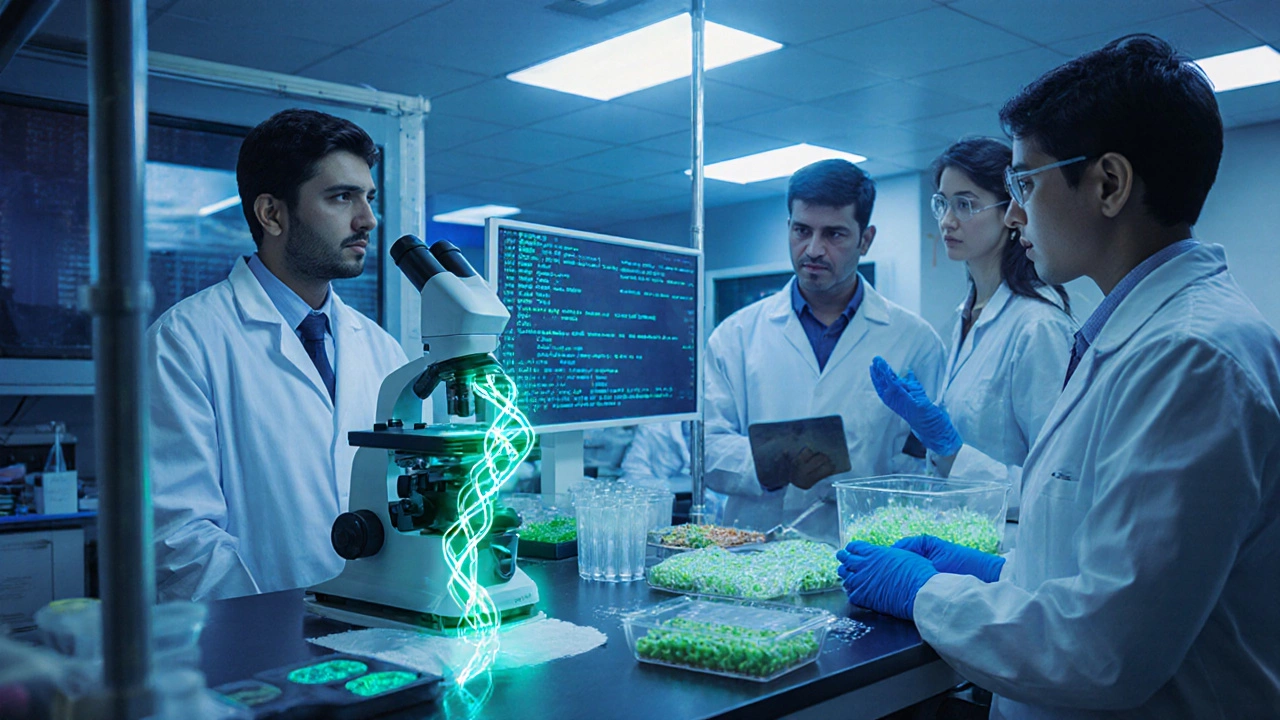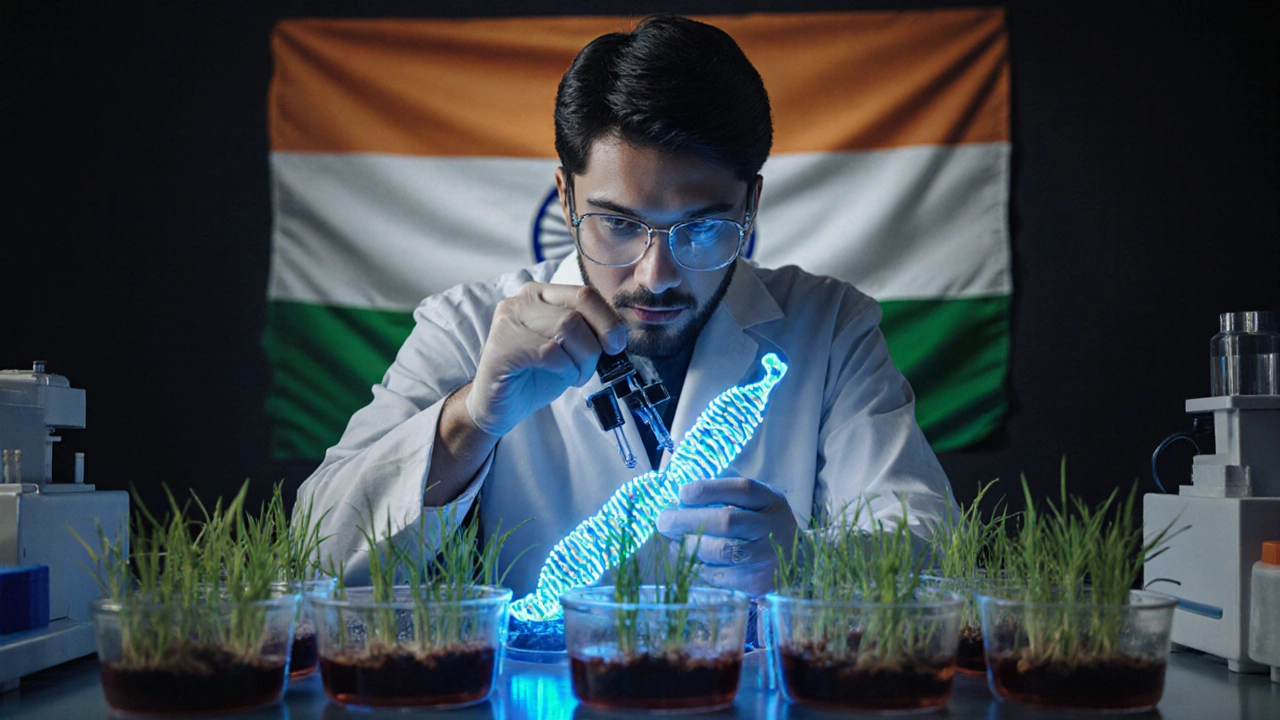Synthetic Biology: What It Is and How It’s Changing Science in India
When we talk about synthetic biology, the design and construction of new biological parts, devices, and systems—or the redesign of existing ones for useful purposes. Also known as bioengineering, it’s not just lab science anymore. It’s medicine, agriculture, and energy all rewritten in DNA. Think of it like coding, but instead of writing software in Python, scientists write life in A, T, C, and G.
This field doesn’t work alone. It leans hard on gene editing, the precise modification of an organism’s DNA using tools like CRISPR to fix broken genes or add new functions. It also depends on genetic engineering, the broader practice of altering an organism’s genetic material to achieve a desired trait, which has been around for decades but is now faster, cheaper, and way more powerful. And behind it all is biotechnology, the use of living systems to develop products—from biofuels to diagnostics—that turn lab ideas into real-world tools.
In India, synthetic biology isn’t just happening in elite labs. Researchers in Bengaluru, Pune, and Delhi are building bacteria that clean wastewater, designing yeast that produces affordable medicines, and engineering crops that survive harsher climates. These aren’t sci-fi dreams. They’re funded projects, published papers, and startups already scaling up. You’ll find posts here about how these tools are being used—not just in theory, but in clinics, farms, and factories across the country.
Some of the work you’ll see here connects directly to public health programs, like using engineered microbes to detect diseases early. Others tie into renewable energy, like turning algae into biofuel. There’s even overlap with tech transfer—because making a living organism that produces a drug means you also need to figure out how to make it at scale, safely, and affordably. You won’t find fluff here. Just real examples of how synthetic biology is changing what’s possible in India today.







